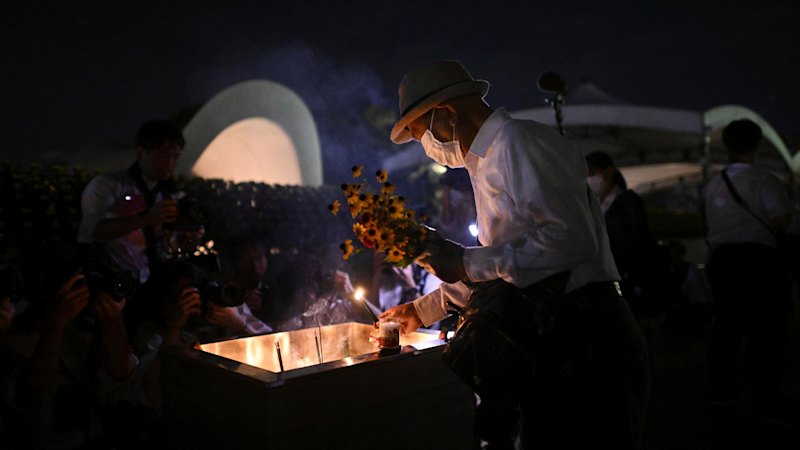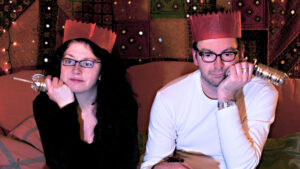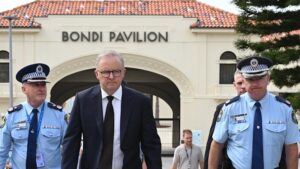
On August 6, 1945, the United States dropped an atomic bomb on Hiroshima, resulting in immediate devastation and loss of life. This catastrophic event marked a pivotal moment in history, leading to the end of World War II but also leaving an indelible mark on humanity’s conscience. As we approach the **80th anniversary** of these bombings, it is crucial to reflect on the profound consequences of war and the enduring quest for peace.
Visiting Hiroshima in **November 2019**, just before the COVID-19 pandemic altered global realities, provided an intimate encounter with a city that has transformed its narrative from one of destruction to resilience. The **Hiroshima Peace Memorial Park** stands as a solemn reminder of the horrors faced by the city’s residents. With over **100,000 lives lost** in the immediate aftermath of the bombing and another **100,000** suffering from radiation-related illnesses, the scale of human tragedy is staggering.
The memorial park, meticulously restored, houses artifacts and testimonies that illustrate the brutality of the atomic bomb. Each exhibit serves as a reminder of the individuals who were caught in the chaos, including fathers, mothers, and children who were simply going about their daily lives.
Facing the Past and Looking Towards the Future
The narratives shared by survivors of the bombing resonate powerfully, as they recount their experiences amidst the ruins of Hiroshima. These stories, supported by dedicated descendants and anti-nuclear activists, emphasize the importance of remembering history to prevent the repetition of such atrocities. The commitment of these activists is to advocate for a world free from the threat of nuclear weapons and to foster understanding among diverse communities.
As global conflicts continue to unfold, the question arises: can humanity change? Is it possible to achieve a world where people of different religions, races, and ethnicities coexist peacefully? The lessons from Hiroshima provide a stark reminder of the devastating consequences of war. Yet, they also highlight the importance of striving for a better future.
As Janine Joseph, a Melbourne-based writer, reflects on her visit, she emphasizes the need for individuals living in relative peace to acknowledge their responsibility in shaping a more harmonious world. The memories of Hiroshima should not fade into history but rather serve as a catalyst for dialogue and action against violence.
The overarching message is clear: we must not look away from the suffering of others. The responsibility to foster peace lies within us all. As the **80th anniversary** approaches, it is an opportunity to renew our commitment to learning from the past and advocating for a future where such devastation is never repeated.







